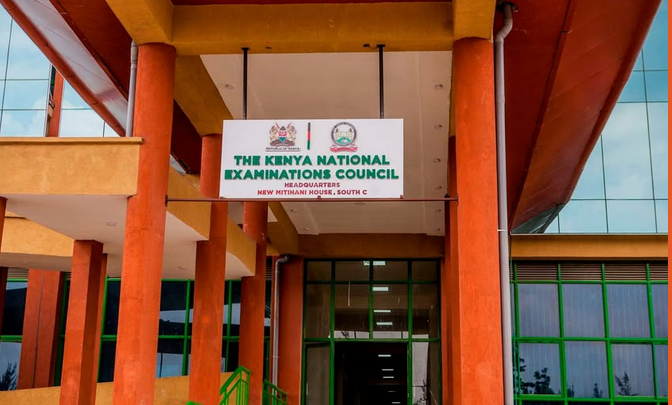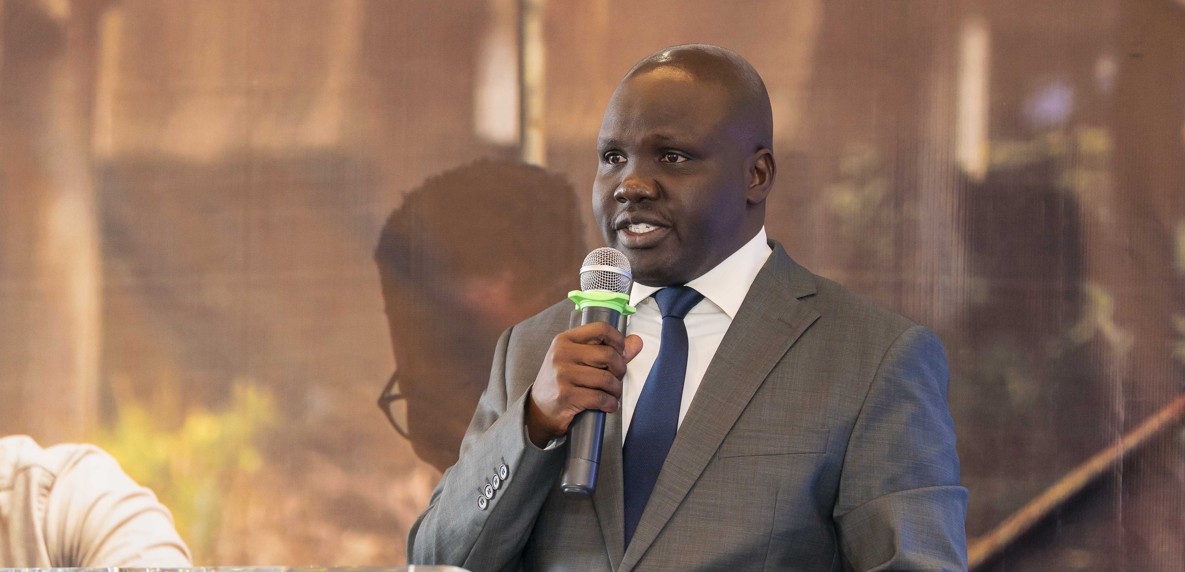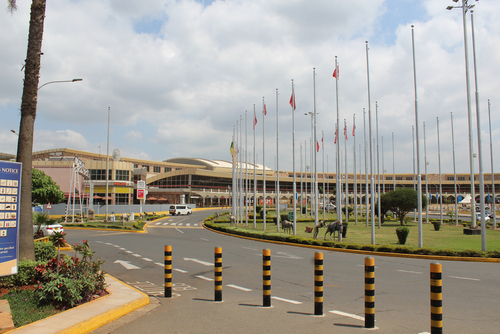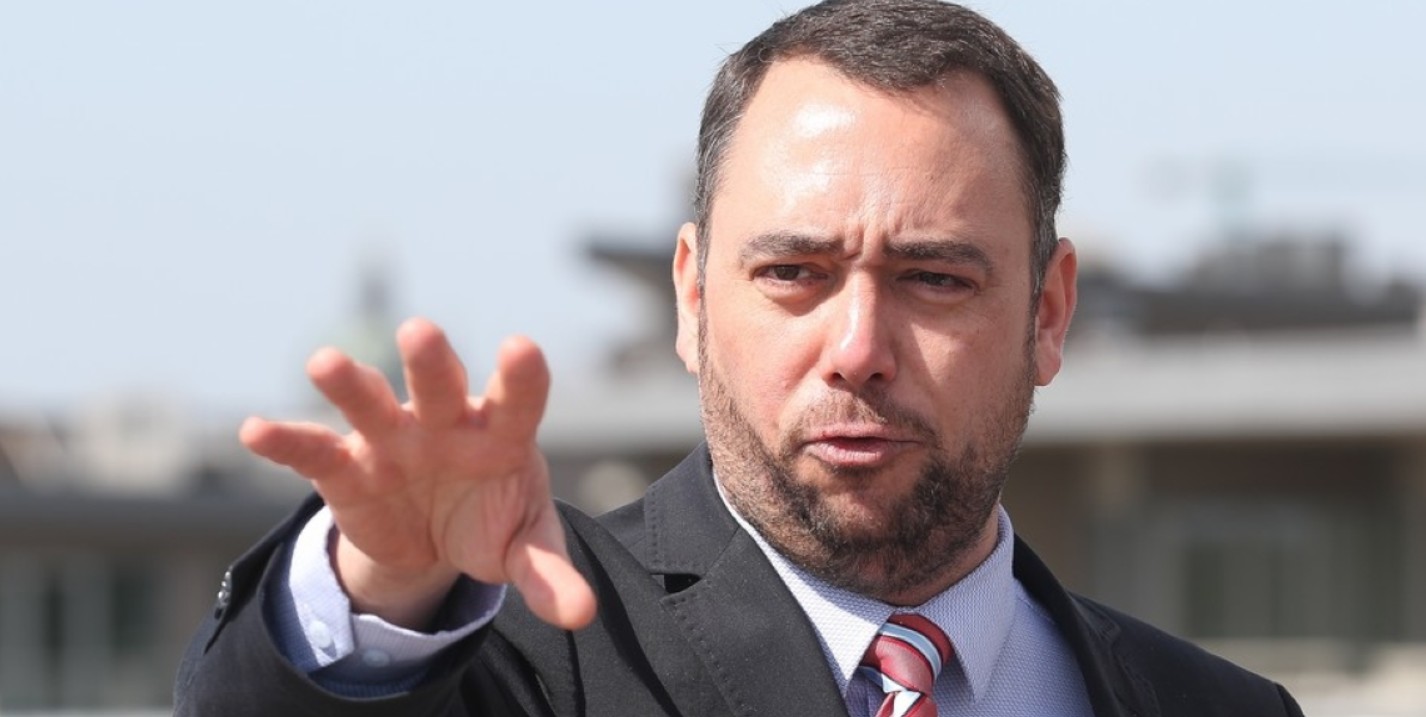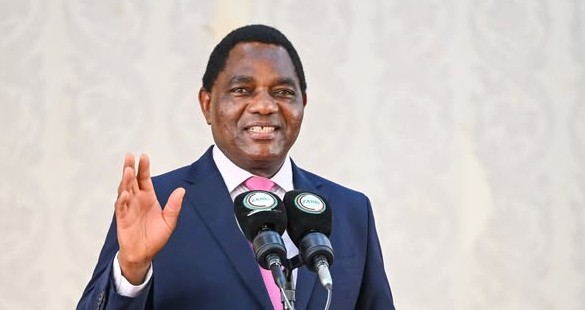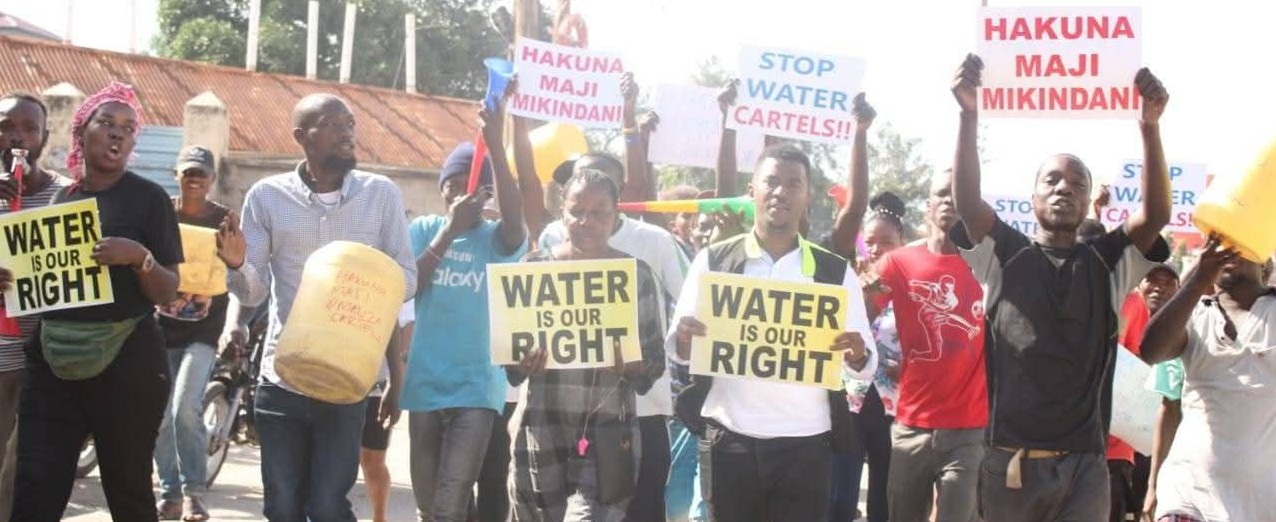Civic groups urge Parliament to reform state-owned enterprise laws
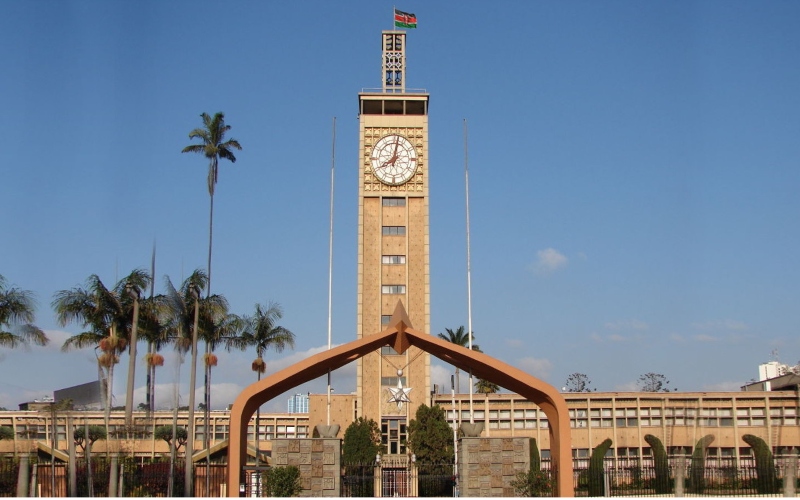
They proposed a central oversight framework to ensure all state-owned enterprises, whether commercial or developmental, are supervised under a single system, reducing overlap and political interference.
Two citizen-led organisations have called on Parliament to strengthen laws governing state-owned enterprises, warning that repeated government bailouts without repayment plans are draining taxpayers’ money.
Ichiban Tax and Business Advisory and We Care Youth Organisation told the National Assembly’s Finance Committee that both the Government-Owned Enterprises Bill and the Public Entities Act need amendments to enforce accountability and ensure that public funds are protected.
More To Read
- Kenya Kwanza adds Sh3 trillion to national debt in three years, CBK reveals
- Governance Committee orders mandatory audit attendance for university heads
- IEBC urges Parliament to fast-track election reforms for fairness and speed
- Wetang’ula decries 'disruptive' conservatory orders, urges judicial restraint
- KEPSA calls on Parliament to enact reforms to stabilise public universities after 49-day lecturers’ strike
- New law requires all proceeds from state asset sales to go directly to Consolidated Fund
Margaret Mutinda, Tax and Regulatory Trainee at Ichiban Tax and Business Advisory, said state corporations must be made to operate under commercial principles and become financially self-reliant.
“Kenya has a history of bailing out state enterprises due to corruption and mismanagement. Allowing funding through government budgetary resources opens the door to repeat bailouts,” Mutinda said.
“We recommend abolishing that clause to ensure that any state corporation seeking public support must have a clear repayment or recovery structure.”
The groups argued that the current draft of the Government-Owned Enterprises Bill mainly renames institutions without introducing meaningful reforms in governance or financial management.
Speaking before the committee chaired by Ainamoi MP Benjamin Lagat, Nellie Chepkemoi, Policy and Advocacy Manager at We Care Youth Organisation, said, “The proposed law creates parallel regulatory systems without providing new safeguards against mismanagement. This would only increase the administrative burden on taxpayers without improving accountability.”
They proposed a central oversight framework to ensure all state-owned enterprises, whether commercial or developmental, are supervised under a single system, reducing overlap and political interference.
The groups also noted that repeated bailouts of struggling parastatals such as Kenya Airways increase fiscal risks, with over 60 per cent of bailout funds currently going to loss-making entities.
“And that, to me, is going to save a lot of money, and bring fairness in some of these corporations,” Mutinda added.
The committee session grew tense when the organisations suggested that politicians who have lost elections should not be appointed to leadership positions in state entities.
MPs pushed back against a clause requiring that board appointees must not have had political affiliations for at least five years, arguing it could unfairly exclude former legislators seeking professional roles after public service.
MPs said that while the proposal aims to curb political interference in state-owned enterprises, it could unintentionally limit opportunities for skilled professionals with prior political experience.
Top Stories Today

